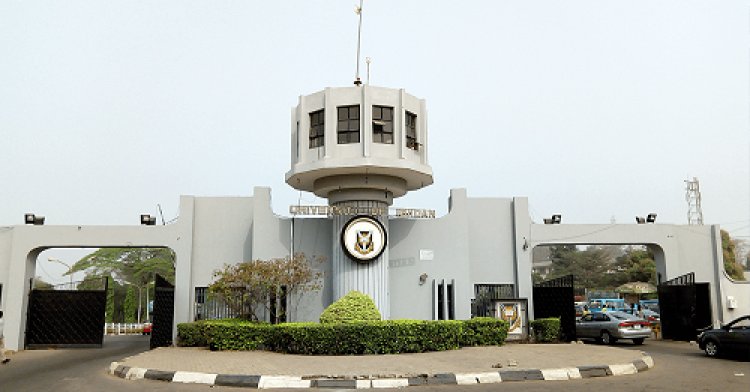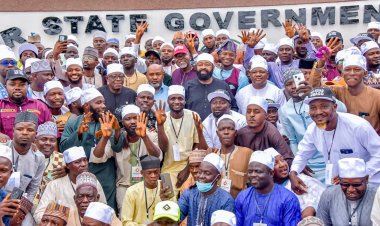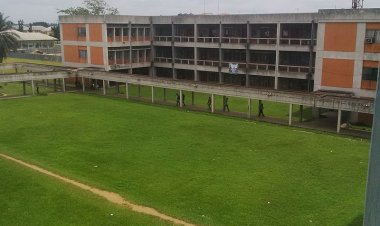UI Don Advocates Federal and State Support for Reforestation and Afforestation in Nigeria
During the 561st inaugural lecture at the University of Ibadan, Professor Ayodeji Oludare Omole highlighted the severe threats facing Nigeria's forests, attributing these challenges to population growth, agricultural expansion, illegal logging, and insecurity.

A professor of Forestry Engineering at the University of Ibadan, Ayodeji Oludare Omole, has described the Nigerian forests as some of the most threatened in Africa. He made these remarks during the institution’s 561st inaugural lecture, titled “Working in the Shadows of Death,” delivered on behalf of the Faculty of Renewable Natural Resources.
Professor Omole attributed the deterioration of Nigeria's forests to several factors, including high population growth, conversion of forest land for subsistence and industrial agriculture, illegal logging, and an unsafe environment. He emphasized that these challenges pose significant risks to forest health and sustainability.
In his lecture, he expressed concern over the dangers faced by forest engineers, who often operate under the threat of violence from insurgents and bandits. Many farmers, particularly in northern Nigeria, have tragically lost their lives on their farms due to such attacks. The ripple effects of this insecurity have adversely impacted economic growth, foreign exchange earnings, and national stability.
Despite these challenges, Professor Omole reaffirmed the critical role of forest engineers in managing and protecting forest resources, emphasizing their importance in meeting the demand for timber, pulpwood, and other forest products essential for national development. He called for improved safety measures and support for professionals in this field.
The professor urged both federal and state governments to take proactive measures by supporting reforestation and afforestation initiatives. He highlighted the need for restoring ecosystem functions and increasing forest cover as vital steps toward mitigating climate change, improving food security, and enhancing prosperity and employment opportunities.
Additionally, he advocated for special financial allocations for forestry to ensure sustainable forest management and the health of ecosystems, which are crucial for building resilient communities.
Professor Omole, a former chairman of the Academic Staff Union of Universities (ASUU), also criticized the current state of the Nigerian University System (NUS), describing it as “under siege” and lamenting the challenges posed by various government policies. He identified initiatives like the Nigerian University System Innovation Portal (NUSIP), the Treasury Single Account (TSA), the Integrated Personnel and Payroll Information System (IPPIS), and the proposed Core Curriculum Minimum Academic Standards (CCMAS) as detrimental to the functioning of an ideal university system in Nigeria.

 Chris Oyeoku Okafor
Chris Oyeoku Okafor 



